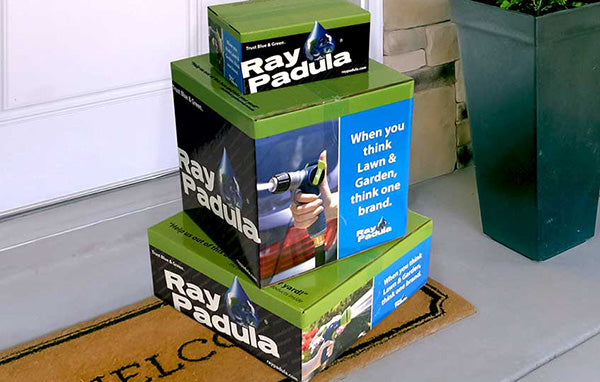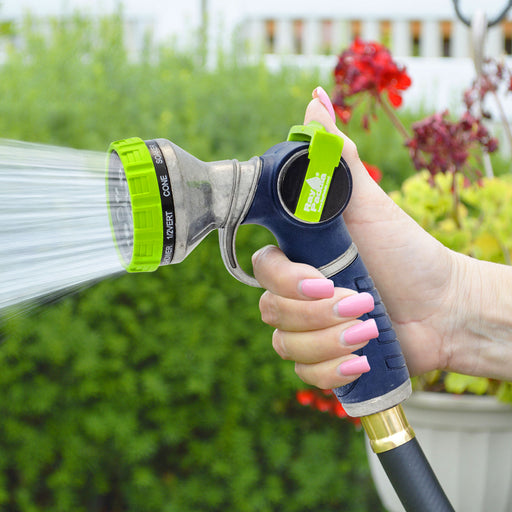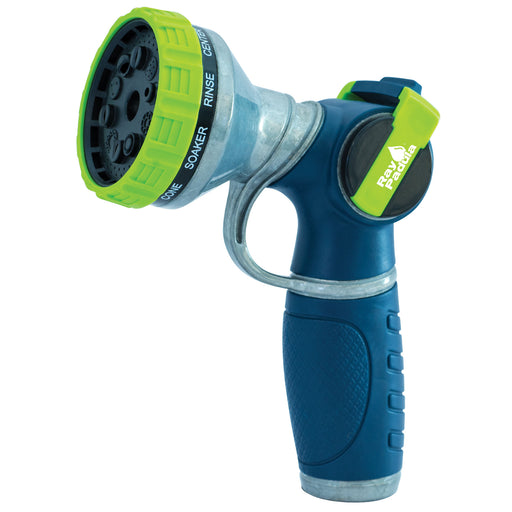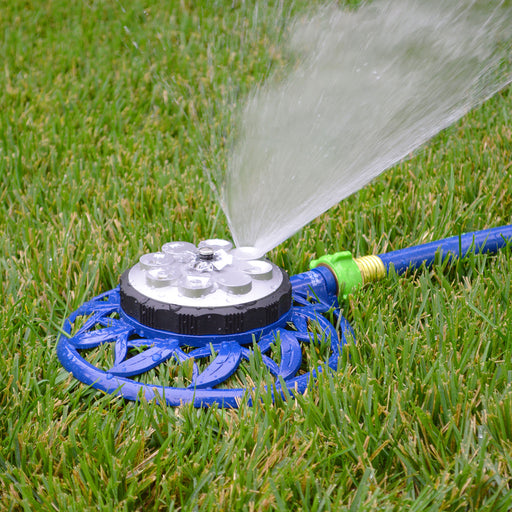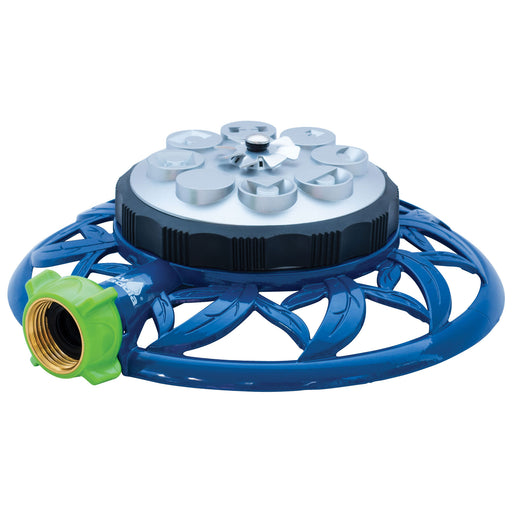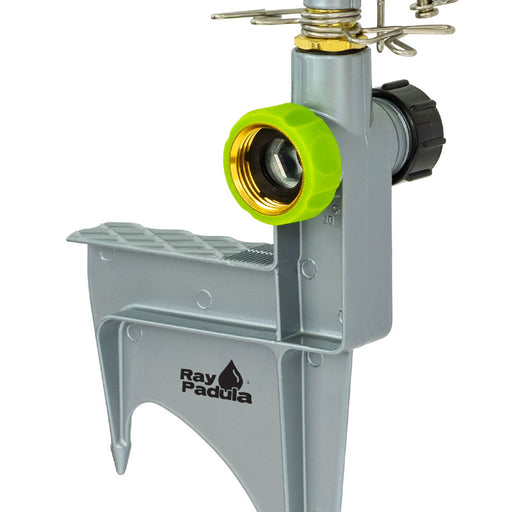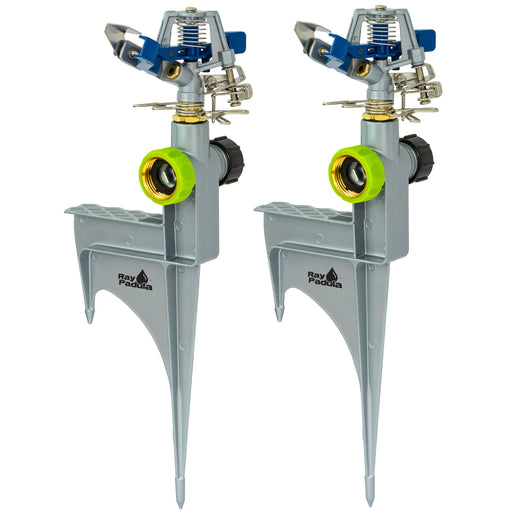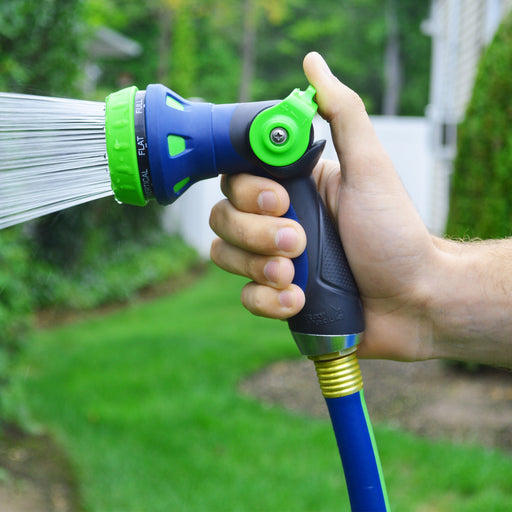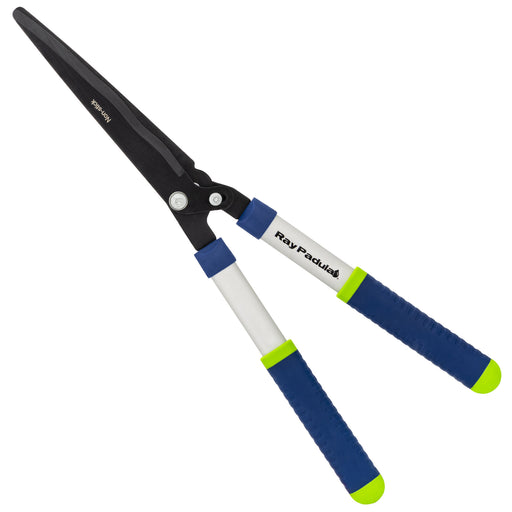
Garden chemicals for weed and bug killing are surprisingly deceptive: in the short term, they're highly effective at eradicating the problem, but in the long run, certain critters and plants can be come pesticide-resistant or even contaminate the surrounding environment.
When it comes to pests, the most effective strategy is to make your lawn or garden naturally resilient against any threats by building it on a healthy foundation. This includes ensuring your soil is fertile and compatible with your plants, and that your space has adequate exposure to sunlight and water. If that isn't possible, then consider trying out the following natural methods of pest control:

Diatomaceous Earth Powder
Made from the shells of diatoms - a type of microalgae - diatomaceous earth powder is an abrasive substance that snails, slugs, and crawling insects avoid due to it being hugely uncomfortable to move around on. Sprinkle it on leaves and any ground-growing fruits and vegetables.
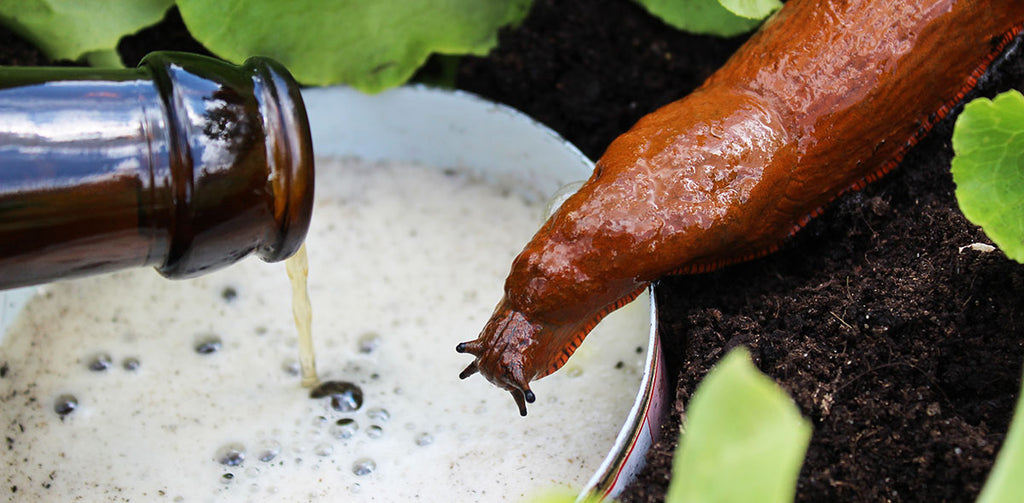
Beer
Slugs and snails love beer. Plant a saucer on the ground, and you're guaranteed to attract them. After a few sips, they'll fall right in.

Eggshells
Similar to diatomaceous earth, the jagged edges of broken eggshells are hated by slugs and snails and provide an excellent barrier around your plants.

Dish Soap and Lemon
A spray bottle filled with a 5:1 ratio of natural dish soap to water rapidly dehydrates and kills aphids. Increase its stickiness by adding in a couple of teaspoons or vegetable oil. An alternative mix is to soak one lemon rind in 20 ox. of boiling water and leave it overnight.

Garlic
Mix 40 oz. of water with ten peeled cloves, leave it to sit for half a day, and then spray it on the affected parts of the plant. Add leftover herbs, such as lavender and mint, for some added potency. Garlic and onions can also be planted around fruit trees to deter insects.

Cucumber
Chop a few leftover bits of cucumber and dot them around areas frequented by ants, including stuffing them into cracks around your home. Cucumbers and cucumber peels are a great natural repellent for ants, moths, mites, wasps, and silverfish. The more bitter the cucumber, the better! Cucumber peels and bits will need to be replaced frequently.

Chopsticks
Dogs, cats, and small animals trampling around your much-loved flower beds are a total nuisance. Stick rows of cracked bamboo or wooden chopsticks into the soil to deter them from rummaging and digging around. Remove them once your plants have matured to a robust size.

Garden Lime
Japanese beetles, vegetables bugs, rodents, snakes, and many more, will be dissuaded from venturing over a line of garden lime. Be sure to use it sparingly as lime kills all types of plant and insect life if used to excess. It can also cause burns or respiratory problems if handled without care.
While there are many pests for gardeners to monitor, there are plenty more plants and insect species that naturally protect and preserve your space, including spiders, ladybugs, mantises, azalea, marigolds, and daffodils. So, the next time you're with your spray bottle hunting around the foliage and undergrowth for leaf-munching aphids, keep an eye out for and look after these unassuming defenders.
Legal Disclosure:
This post is provided for informational, educational purposes only. This information is intended to provide general guidelines. Because tools, products, materials, techniques, and local codes are constantly changing, Ray Padula Holdings assumes no responsibility for the accuracy of the information contained herein and disclaims any liability for the omissions, errors, or outcomes of any projects or tasks completed. It is the responsibility of the reader to ensure compliance with all local laws, rules, codes, and regulations for any projects completed. If there are any questions or doubts regarding any elements of any information provided, consult a local, licensed professional.


